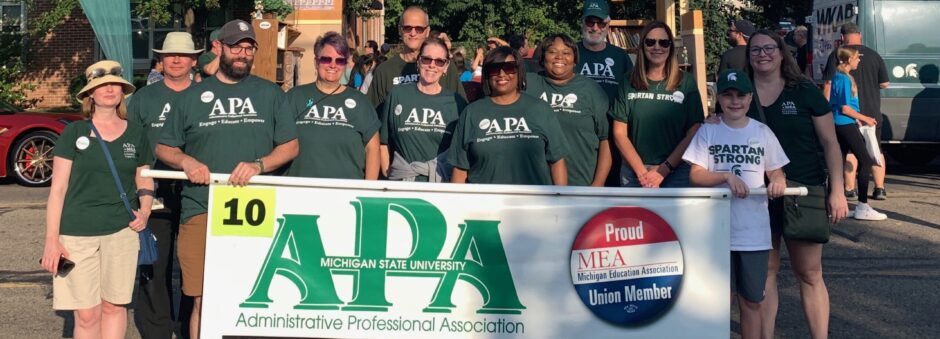Can this meeting lead to discipline?
If you are ever called to a meeting, impromptu or scheduled, and you have a reasonable belief that the meeting could result in disciplinary action, you have Weingarten Rights that need to be respected.
Section 7 of the National Labor Relations Act (NLRA) protects your right to being part of a union, but it also protects your right to have a representative present during an interview that you believe could lead to discipline. This right was first articulated by the Supreme Court in the case of NLRB vs Weingarten, Inc. The court decided that Section 7 protects employees who refuse to answer questions without a representative being present. Your representative can be a union representative or fellow employee and are often called your Union Rep or Weingarten representative. Employers can be found in violation if they refuse the employee’s request or retaliate against them for making the request. You only need to ask only once and should not have to repeat that request. If the employer violates the Weingarten rights, the National Labor Relations Board (NLRB) can order the employer to cease and desist, post a remedial notice, require the employer to repeat the interview with a union member present, or rescind and remedy discipline that resulted from the Weingarten violation. Although Weingarten rights can be compared to Miranda rights, the difference is that the employer does not have to advise you of your Weingarten Rights.
If is it not clear if a meeting may be investigatory in nature, the following list may help.
- A supervisor or representative of management is seeking to question you.
- The questions are part of an investigation into your performance or work conduct.
- You have a reasonable belief that the investigation may lead to discipline or other adverse consequences.
If it is not clear, the conduct of the meeting and surrounding circumstances can help determine if there was an investigatory purpose. The nature of a meeting may change as it progresses. If this occurs, you need to immediately request that the meeting stop until you can arrange to have a union representative present. You also are allowed enough time for the union representative to talk with you before that meeting.
Meetings that are not normally covered under you Weingarten rights include, instructional or informational or meetings about personnel policies, meetings where you are being advised there will be no discipline from a previous investigation, a meeting where you are being informed of discipline from a previous investigation, or meetings where you are being called as a witness to another’s actions. If you request a union representative the employer should respond in one of three actions
- They may grant the request and delay the interview until a union representative is available.
- They may deny the request and immediately end the interview.
- They may allow you to decide to continue the meeting without a union representative at the interview. The is not advisable under any circumstance.
If the employer denies your request and continues to ask questions, this could constitute an Unfair Labor Practice (ULP). Discipling you for refusing to answer questions without a union representative can also be an ULP.
In the investigatory meeting you union representative serves as an advisor and witness. They may ask the employer to clarify question, give you advice on how to answer questions (within limits), and provide additional information to the employer. The union representative can also object to questions if they are offensive or intimidating. Your union representative cannot tell you what to say or tell you to give false information. In addition, the employer is required to inform your union representative the subject of the meeting and to allow you time to meet before the meeting.
If you are called to any meeting that you reasonably feel that it can lead to discipline, exercise your rights and ALWAYS call your union.
